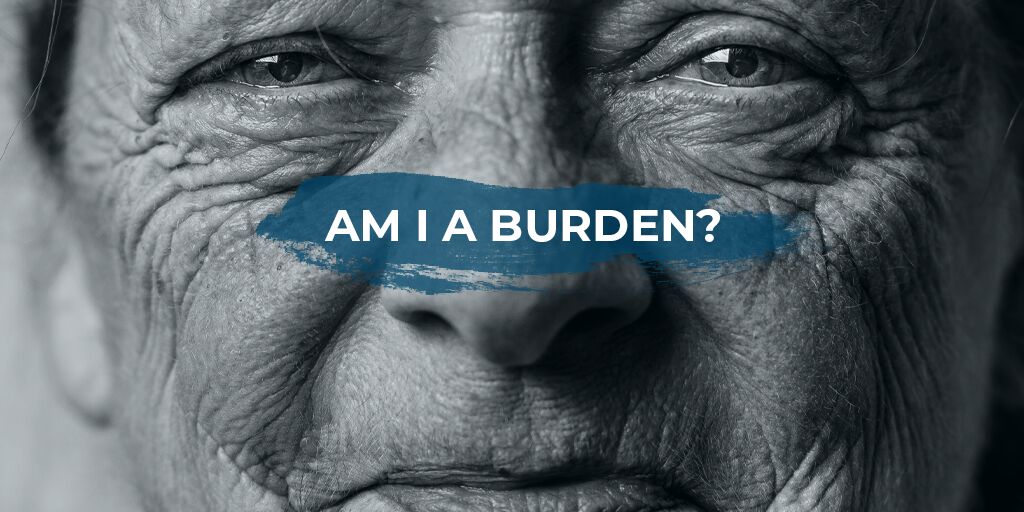Assisted Suicide
People need high quality care at the end – not fatal shortcuts

A leading palliative care specialist and a senior physician have hit back at the Former Archbishop of Canterbury over his support for assisted suicide law change.
Writing in The Times, Baroness Finlay, and Dr Claud Regnard said that Lord Carey overlooks the advances in care for the dying by still advocating assisted suicide.
The Health and Care Act 2022 now requires the NHS to provide palliative care services. Prior to this, up to 300 people a day were missing out.
Baroness Finlay also warned that assisted suicide involved a lethal cocktail of experimental and undervalued drugs. Complications have been known to happen.
Moreover, she criticised the failure of assisted suicide proponents to outline proper safeguards, pointing out that instead, campaigners’ talk about ‘vague qualifying conditions’ which can be easily widened in scope to include more conditions.
In Canada, palliative care doctors report that patients are afraid they will be offered death rather than care.
They conclude the letter by saying: “Neither physician assisted suicide nor euthanasia has a place in modern medical care. People need high-quality care at all times, not fatal shortcuts.”
Read more
Discover seven ways to pray about assisted suicide.
Share
